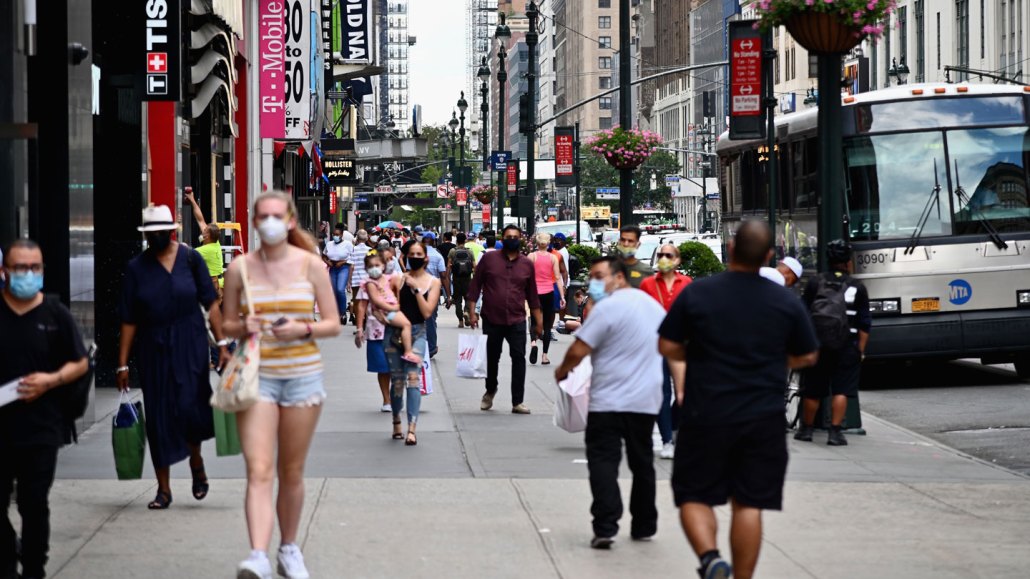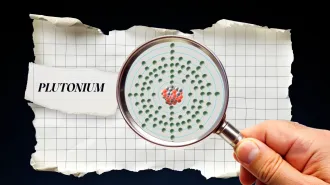‘Virology’ ponders society’s relationship with viruses
In a collection of wide-ranging essays, a microbiologist reflects on the pandemic and more

In a new collection of essays, microbiologist Joseph Osmundson, a New Yorker, writes on many topics, including his COVID-19 “pod” and the life changes he and his pod mates experienced during the pandemic.
Angela Weiss/AFP/Getty Images








